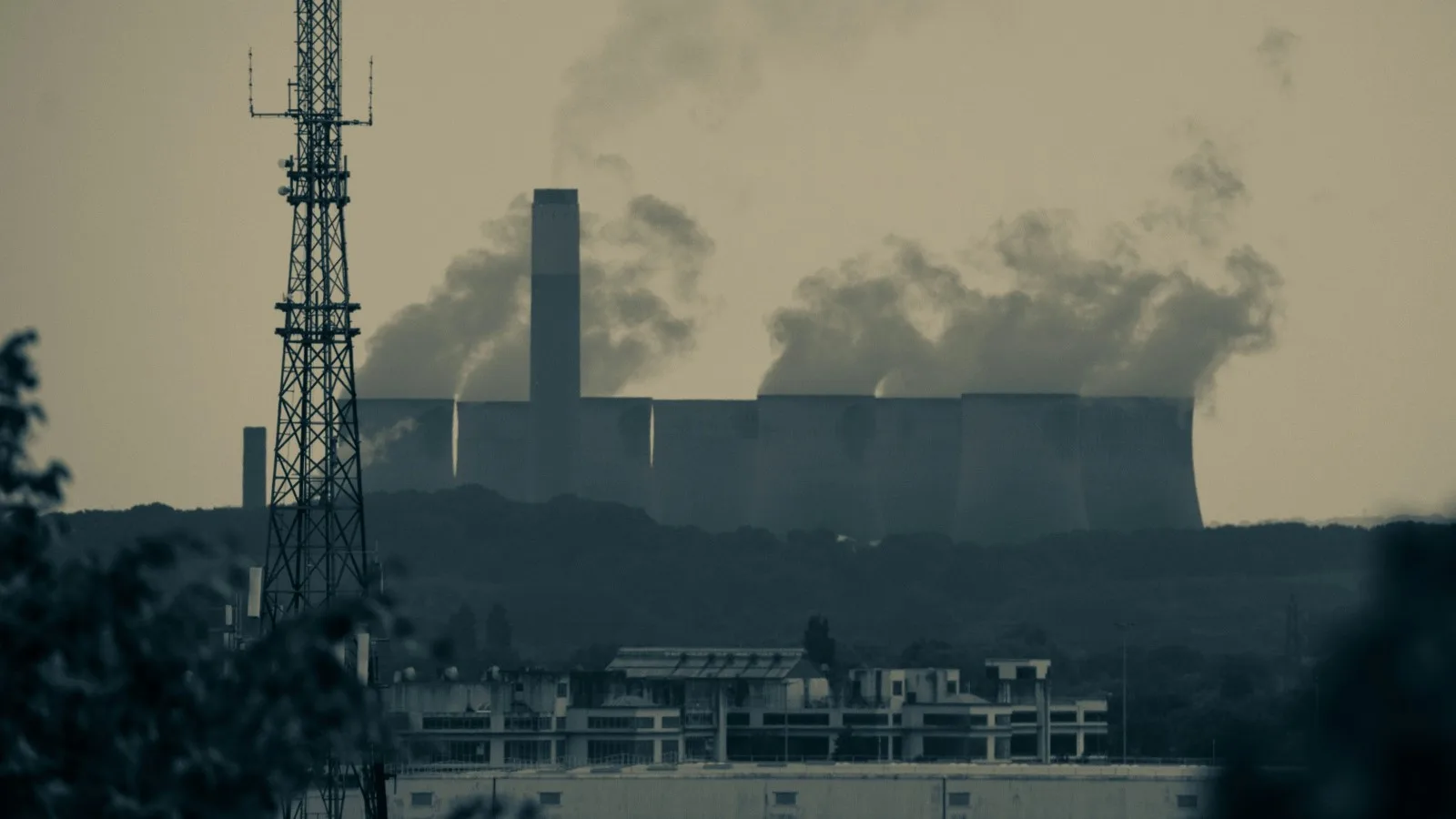Original Report: www.bbc.com(full story)
- The UK’s last coal power station is set to close on Monday, marking the end of a 142-year reliance on coal.
- This pivotal moment aligns with the UK’s commitment to combat climate change and transition towards renewable energy sources.
The UK’s Ratcliffe-on-Soar Power Station near Nottingham is concluding its operations, which commenced in 1967, heralding the nation’s cessation of coal-generated electricity. This landmark event signifies a dramatic shift in the UK’s energy landscape, aiming to diminish its climate change impact as coal is the most polluting fossil fuel, notorious for greenhouse gas emissions.
Energy Minister Michael Shanks expressed gratitude for coal’s historical role, noting Britain’s longstanding dependence on it since the industrial revolution. Lord Deben, a former environment secretary, highlighted the historical significance of coal power, which started with the Holborn Viaduct plant in 1882, instrumental in electrifying London.
Although coal dominated the energy sector for much of the 20th century, it was supplanted by gas in the 1990s and made up 39% of power generation in 2012. However, increasing awareness of climate change prompted the UK to establish legally binding climate targets in 2008, with a subsequent commitment to phase out coal by 2025 underscoring leadership in global energy transition.
Renewable energy generation rose from a mere 7% in 2010 to over 50% by mid-2024, enabling coal-free days starting in 2017. As a result, the planned closure of Ratcliffe-on-Soar was expedited. Chris Smith, an employee of 28 years, acknowledged the emotional weight of this transition.
Reflecting on past coal mine closures under Margaret Thatcher’s government, Lord Deben emphasized the necessity of ensuring that new green jobs are created in affected communities, particularly in regions historically linked to fossil fuels.
Despite coal’s pollution concerns, its reliability has been a notable advantage over intermittent renewables like wind and solar. Kayte O’Neill from the Energy System Operator emphasized the requirement for technological innovations to maintain grid stability. Dr. Sylwia Walus reinforced the importance of advancing battery technology, advocating for domestic production independence and the recruitment of skilled labor to secure a sustainable energy future.







